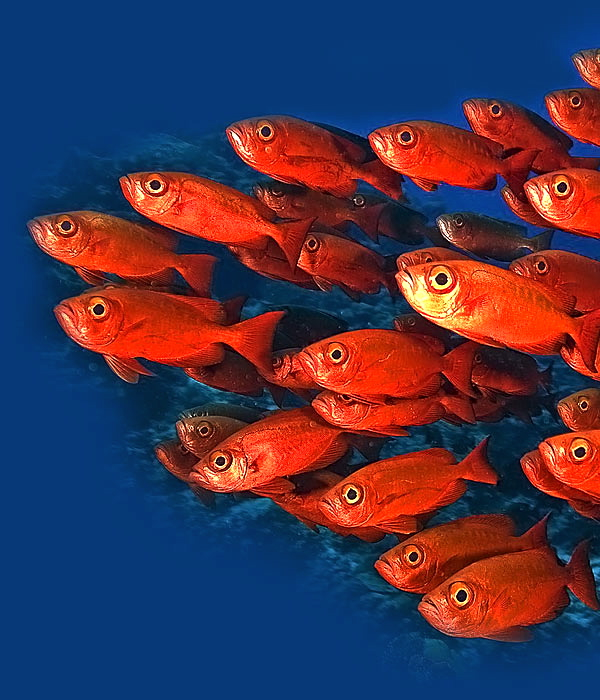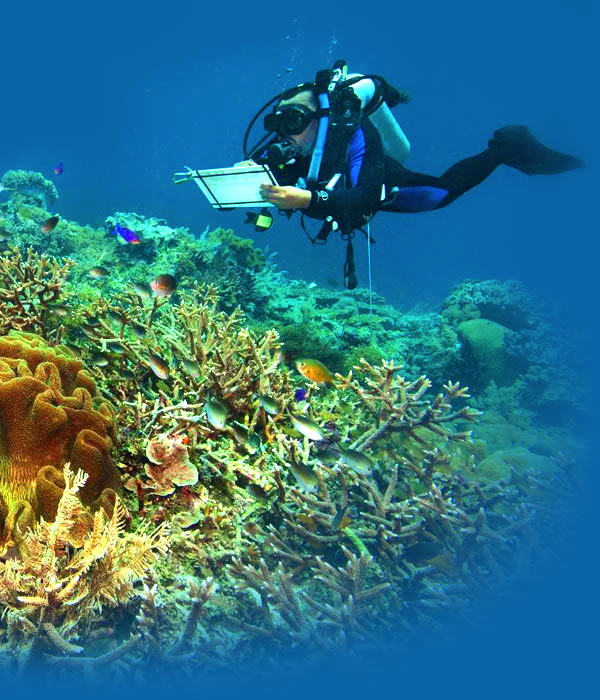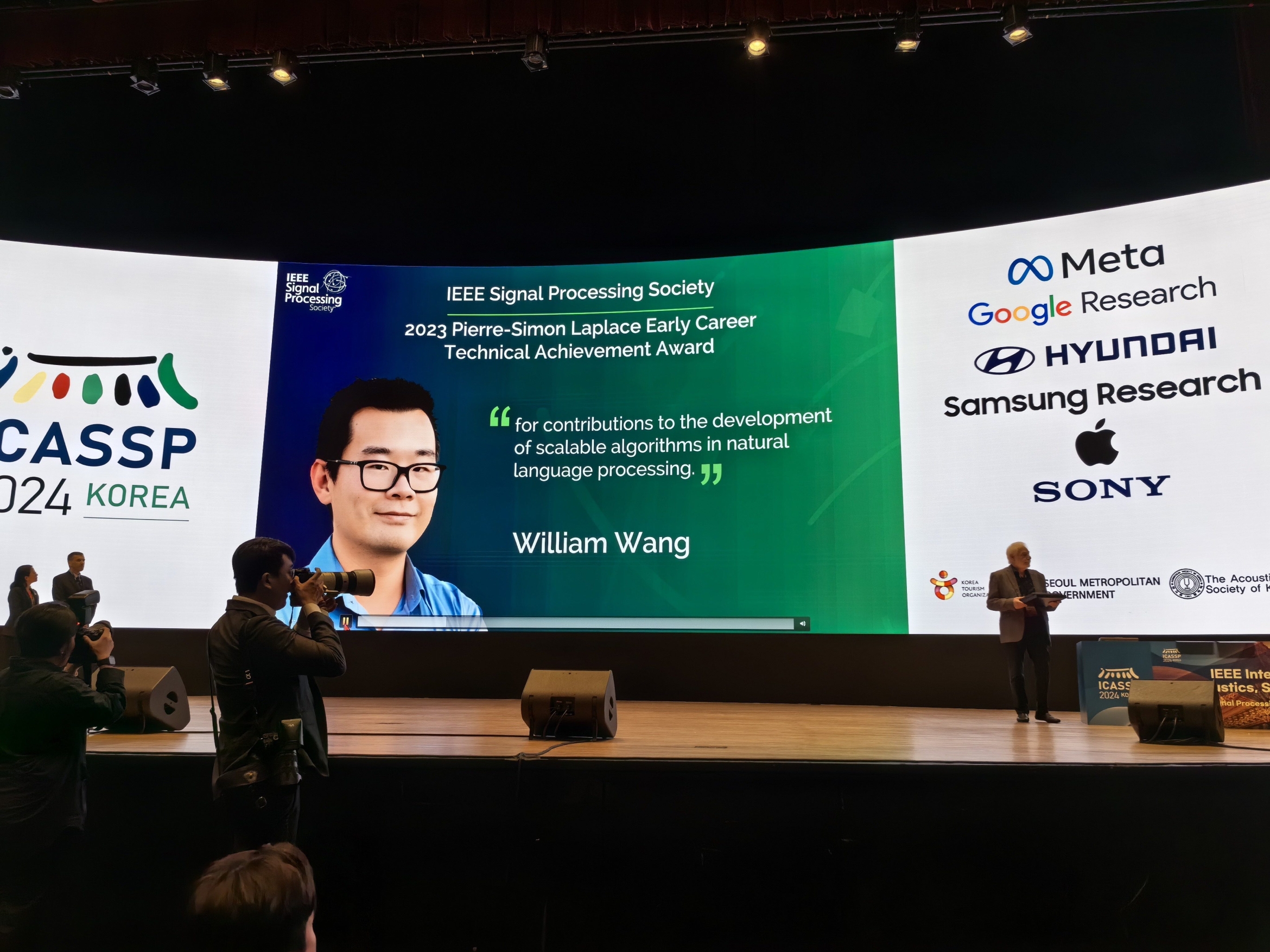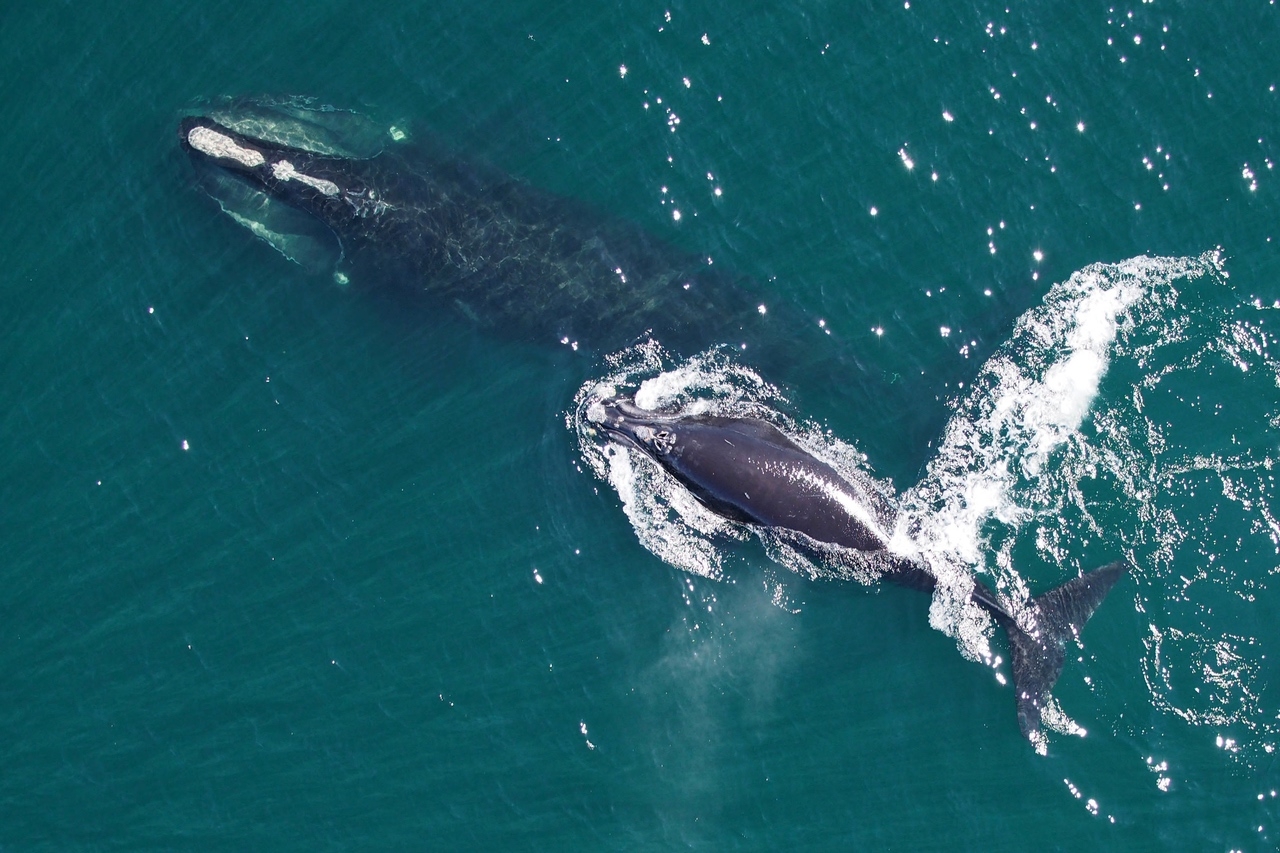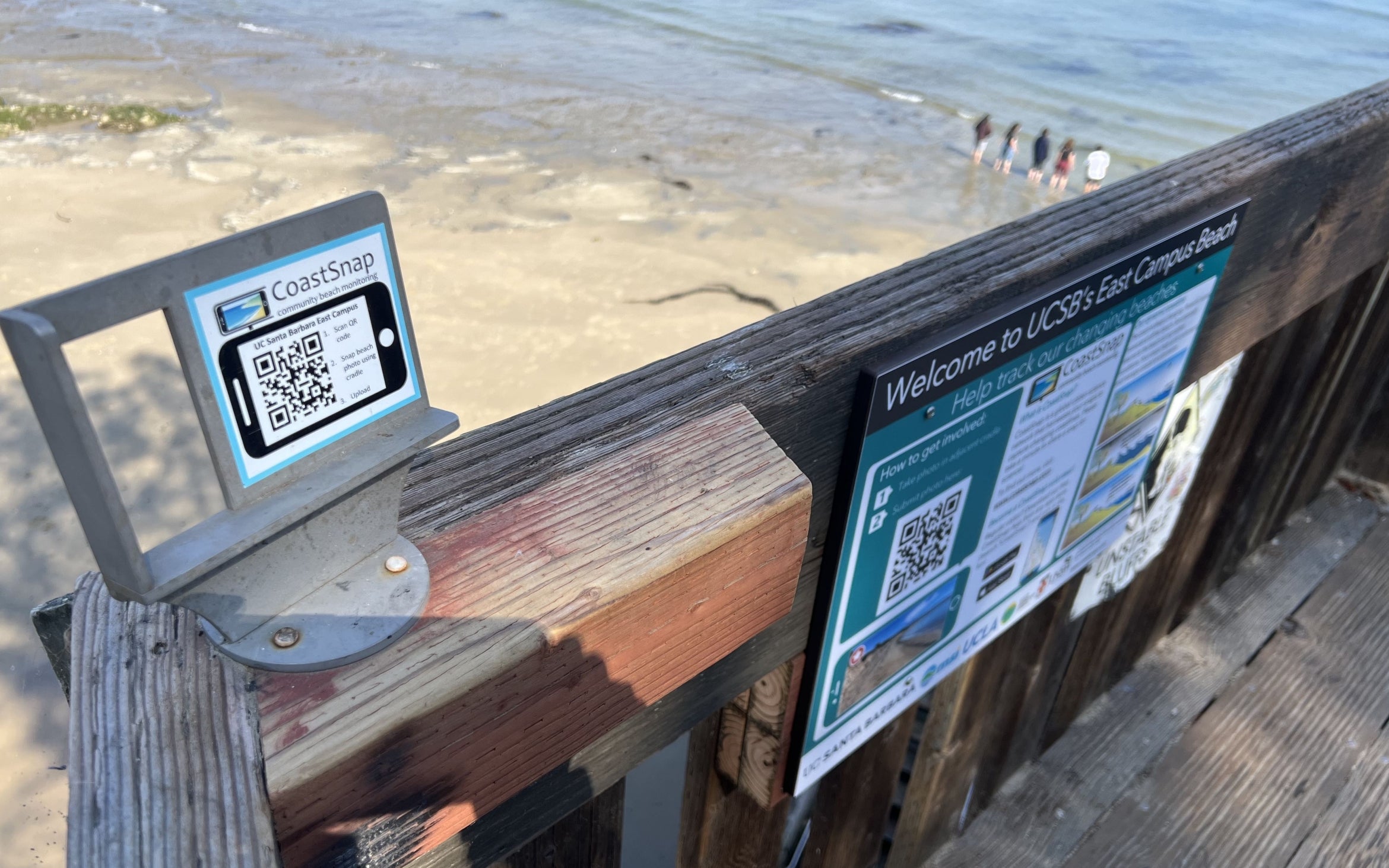Tackling the Biggest Global Challenges
How can protecting nature help secure future food, energy and water supplies for 10 billion people, particularly for the planet’s poorest and most marginalized citizens? Science for Nature and People (SNAP) — a scientific collaboration among UC Santa Barbara’s National Center for Ecological Analysis and Synthesis (NCEAS), The Nature Conservancy (TNC) and the Wildlife Conservation Society (WCS) — is taking on this important question.
“SNAP working groups are tackling hard problems that span the boundary between science and application and engage diverse experts and interests,” said Frank Davis, NCEAS director and a member of SNAP’s governing board. “These types of collaborations are challenging, but our experience at NCEAS is that they can be tremendously rewarding and can identify productive pathways to implementation.”
SNAP has announced six new working group projects. The new areas of exploration range from urban water security and the impact of hydraulic fracturing on water quality to the sustainable management of fish stocks and feeding the Earth’s growing population without destroying the planet. The new working groups join SNAP’s previously established Coastal Defenses and Western Amazonia to form a broad-ranging roster of scientific inquiries into global problems at the nexus of nature and human well-being.
Faculty members and researchers are involved in two of the new working groups, Data-Limited Fisheries Management and Ridges to Reef Fisheries. The first will explore how new, inexpensive approaches to assessing data-limited fisheries could be implemented across the globe.
“More than 90 percent of the world’s fish stocks lack the data and resources to set appropriate management regulations,” said Jono Wilson, principal investigator of the Data-Limited Fisheries Management working group and a researcher affiliated with the Bren School of Environmental Science & Management. “A concerted effort is needed across the globe to bring knowledge and tools to local practitioners in coastal communities to ensure that fishing will continue to provide food and protein to millions of individuals who rely on healthy, sustainable fisheries.
The Ridges to Reef Fisheries project will address the lack of data and models that link terrestrial and marine ecosystems. Such links would allow conservationists to better understand and address the impacts land-use changes have on fisheries. “I’m excited to see what we can do through this project,” said Ben Halpern, a professor in the Bren School and an participant in the Ridges to Reef Fisheries working group.
“Addressing environmental problems requires discovering and developing the best available science and then working with local and regional decision-makers to apply that information,” he added. “SNAP projects are designed to do just that.”
The other new SNAP working group projects are Hydraulic Fracturing Impacts on Water Quality and Quantity, Sustainable Agriculture Intensification, Urban Water Security and Making Ecosystem Services Count for Sustainable Development Goals.
The new working groups will convene periodically over two years to address these challenges, generating reports, publications and materials to support decision-makers throughout that time period. The science-based, practical knowledge that SNAP working groups generate will lead to better policies, more effective field practices and durable economies that value nature’s services and secure the livelihoods of families at risk.
SNAP has received support from Shirley and Harry Hagey, Steve and Roberta Denning, Seth Neiman, the Gordon and Betty Moore Foundation, Ward W. and Priscilla B. Woods and the David and Lucile Packard Foundation. For more information, please visit SNAP online.
